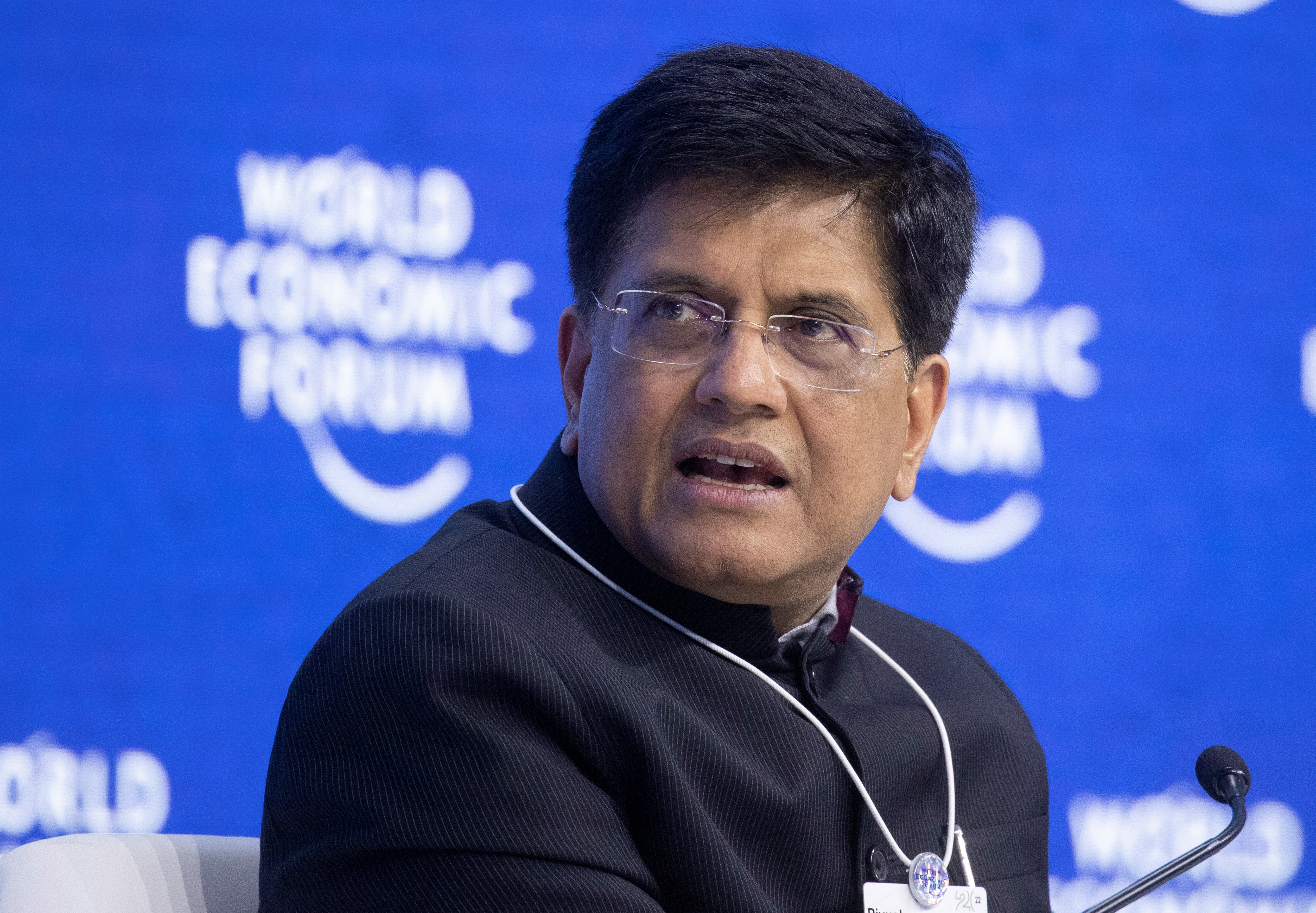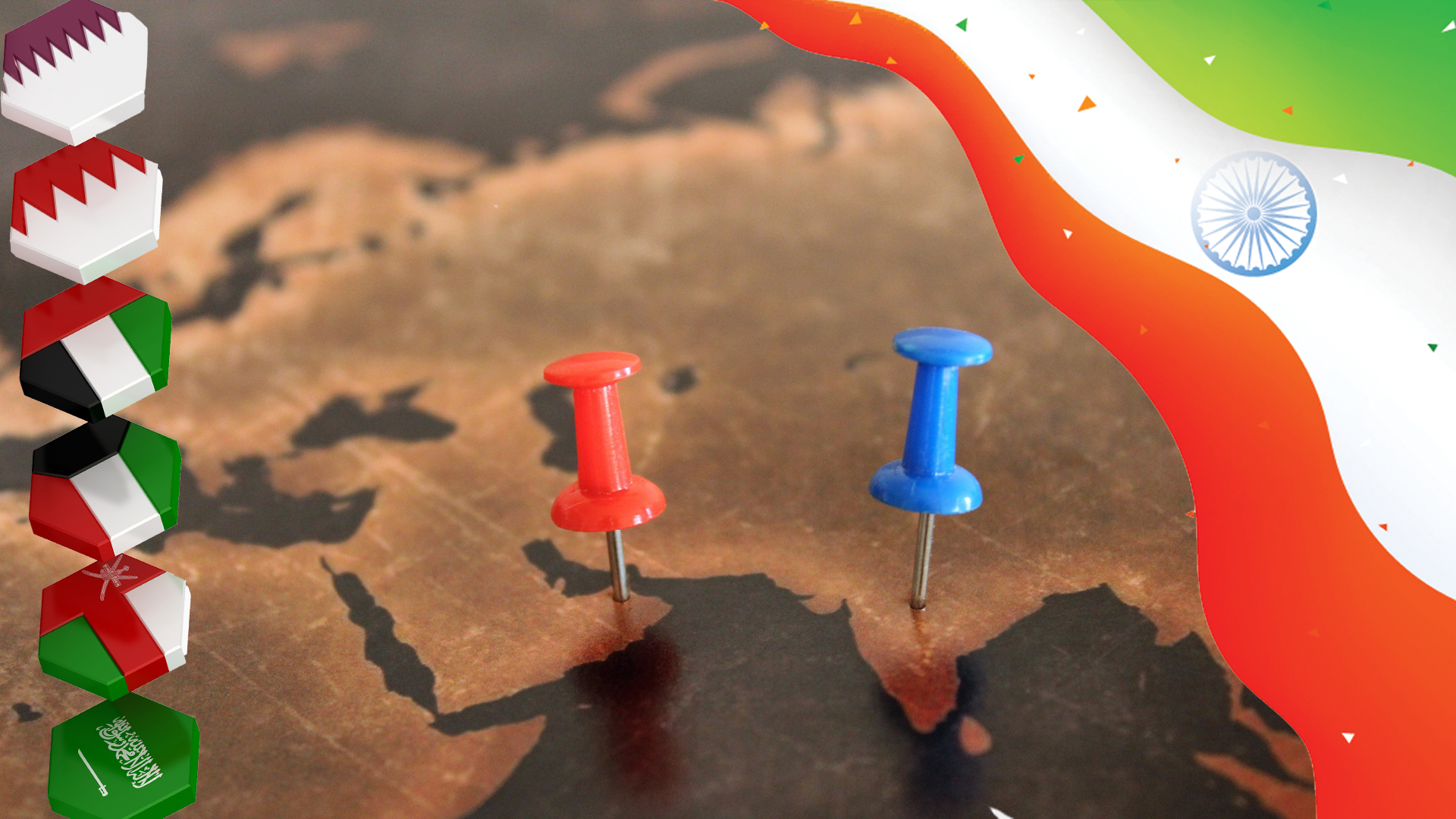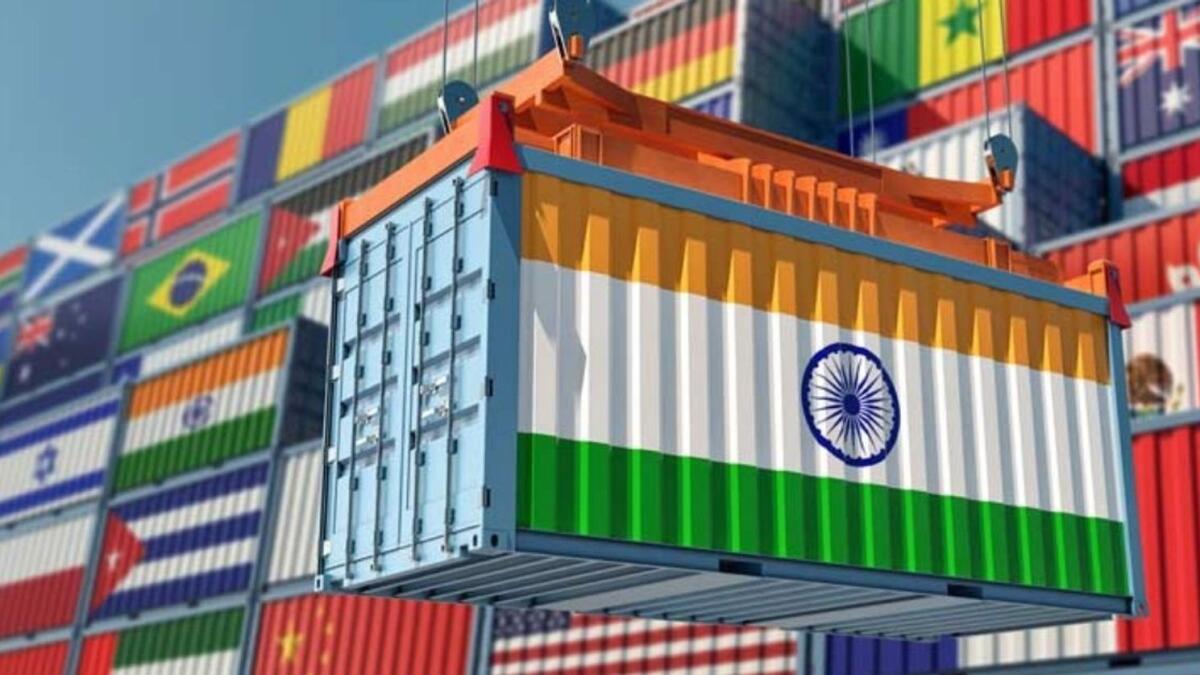GCC Proposes to Restart FTA Talks with India: A New Horizon for Economic Cooperation 2023

GCC Proposes to Restart FTA Talks with India: A New Horizon for Economic Cooperation 2023
According to Piyush Goyal, the minister of business and industry, the six-nation Gulf Cooperation Council (GCC) has asked India to resume talks on a free trade agreement (FTA), and some of the group’s members have also done so on their own.
India and the GCC had agreed to look into an FTA in 2004, however the project was shelved after two rounds of talks in 2006 and 2008.Kuwait, United Arab Emirates, Qatar, Bahrain, and Oman are the other five members of the GCC, which is headed by Saudi Arabia.

India already has an FTA with the UAE, which went into effect on May 1, 2022. It ranks fourth on the list of import sources and is India’s second-largest export market.
Since the FTA, India’s exports to the UAE have increased from $28 billion in 2021–2022 to $31.6 billion in FY 23. India imported $53.2 billion from the UAE in 2022–2023, an increase from $44.8 billion in FY22.
The GCC is the leading importer among the economic areas. GCC imports totaled $133 billion in FY23, up 20.3% year over year, while exports increased by 16.7% to $51.3 billion.
“The direction of our ties with the Middle East is upward. Many of the GCC nations and we are now in discussion about increasing commerce. Large investments are coming from GCC nations, according to Goyal.
Currently, the fifth round of discussions is taking place with the European Union as well. “So far, our conversations with the EU have been fantastic. It takes a bit longer to create and forge a consensus among all the nations on their side because it is a combination of 27 countries.

“In a similar vein, we must consider various trade agreement provisions through the eyes of the 27 other nations we are essentially entering into a deal with. The procedure will thus take a bit longer, but both the EU and India are dedicated to this accord, Goyal said.
Following the conclusion of the G20 summit on Friday, the minister will also hold one-on-one conversations with representatives of the European Union.
With many of the nations with which we are negotiating FTAs, “we will also be having much deeper engagement at both the official and ministerial level,” Goyal added.
India is negotiating with Australia, Canada, the European Free Trade Association (EFTA), which consists of Iceland, Liechtenstein, Norway, and Switzerland, in addition to the UK and the EU.
The Gulf Cooperation Council (GCC), a political and economic alliance comprising Bahrain, Kuwait, Oman, Qatar, Saudi Arabia, and the United Arab Emirates, has proposed to restart Free Trade Agreement (FTA) talks with India.
This initiative promises to rejuvenate relations between the two entities, potentially opening up new avenues for economic cooperation and strengthening existing ties. This article will delve into the details of the proposal, its significance, and the implications for both parties.
The GCC and India have been in talks for a Free Trade Agreement since 2004. However, negotiations came to a halt due to various reasons, including divergent interests, economic instabilities, and policy shifts in the intervening years.
In the meantime, both parties have engaged in bilateral trade deals and regional partnerships that have only partially capitalized on the inherent synergies in GCC-India economic relations.
The ongoing economic transformations and the shift towards regional cooperation globally create an urgent need for robust FTAs.India is a significant importer of oil from the GCC countries. An FTA could facilitate more advantageous terms for energy security for India.
Given that the GCC countries are seeking to diversify their economies, investment opportunities in India’s burgeoning market are attractive.A strong economic partnership can serve as a basis for a stable geopolitical relationship, benefiting both the Gulf countries and India in a volatile global landscape.
An FTA with the GCC would provide India’s exporters a competitive advantage in accessing a lucrative market, particularly for goods like textiles, jewelry, and machinery.
India imports a significant percentage of its crude oil and natural gas from the GCC countries.
An FTA could entail better terms and long-term commitments for energy supplies.Given the massive investments by Gulf countries in technology and infrastructure, an FTA could serve as a platform for technological exchange, benefiting sectors like IT, clean energy, and healthcare in India.
The Gulf countries are looking to diversify their economies through investments in various sectors. India, with its vast market and growth potential, offers numerous opportunities.
An FTA could streamline the framework for the movement of labor. A well-structured agreement can serve the interests of both Indian expatriates in the Gulf and the Gulf countries, which rely on foreign labor.
A well-negotiated FTA can also address the trade imbalance that currently exists in favor of the Gulf countries, making the economic relationship more sustainable in the long term.

Both entities have strong domestic sectors that may feel threatened by an FTA. It is essential to address these concerns adequately.
The long history of halted talks suggests that policy continuity can be an issue.Global tensions and alliances can have a significant impact on the progression and implementation of the FTA.
The proposal to restart Free Trade Agreement talks between the GCC and India marks a critical point in the economic relations between the two. While several challenges need to be overcome, the potential benefits for both parties are too significant to ignore.

Successful negotiations could herald a new era of cooperation, fortifying geopolitical ties and bringing mutual economic gains. It is a critical time for diplomats, policymakers, and business leaders on both sides to work cohesively to seize this promising opportunity.





